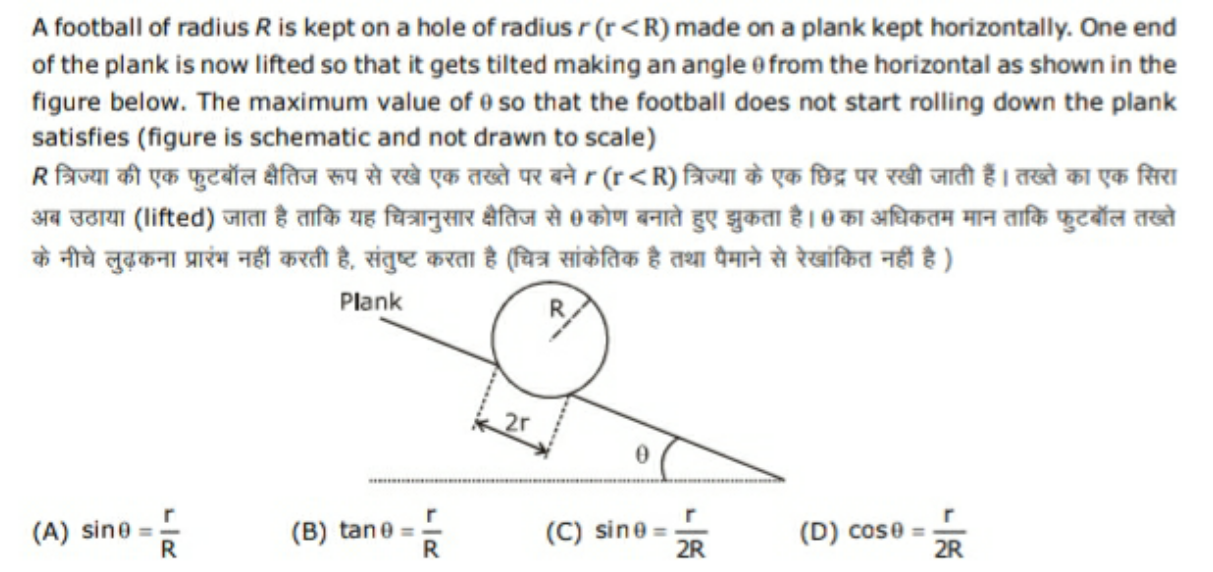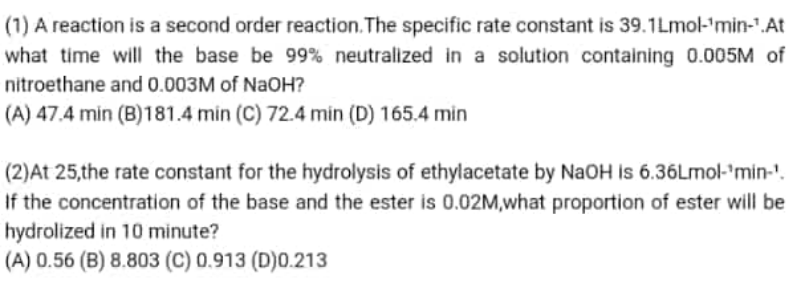
Question and Answers Forum
AllQuestion and Answers: Page 742









Pg 737 Pg 738 Pg 739 Pg 740 Pg 741 Pg 742 Pg 743 Pg 744 Pg 745 Pg 746
|
Question and Answers Forum |
AllQuestion and Answers: Page 742 |

|

|
| ∫ ((x^6 −1)/((x^3 −1)^3 )) dx=? |

|
| ∣2x−1∣ ≤ (4/( (√(x+2)))) + 1 |
| Prove:: ∫_0 ^∞ ((x^3 −sin^3 x)/x^5 )dx=((13)/(32))π |

|
| Find max value of x^2 −3xy−2y^2 subject to x^2 +xy+y^2 =1. |
| x^(−log (x)+4) < (1/(16))x |

|
| Find the sum to infinity 1+((3x)/(1!))+((5x^2 )/(2!))+((7x^3 )/(3!))+.. |
| x^3 −9x+1=0 |
| Why is the ammeter always connected in series and the voltmeter in parallel? |

|

|
| Solve for real numbers: { ((−a^1 −b^2 −c^3 =2024^(12) )),((−a^(−1) −b^(−2) −c^(−3) =2024^(−12) )),((a^1 b^2 c^3 =2024^(24) )) :} |
| ......Nice ... Calculus...... Evaluate:: 𝛗=Σ_(n=1) ^∞ (1/)=? |

|
| ....... nice .. .. .. calculus...... find the value of: Θ=Σ_(n=−∞ ) ^∞ (1/(6n^2 +5n+1))=? |
| (1)::f(x)=∫_0 ^1 ∣x−2t∣dt, ∫_0 ^3 f(x)dx=? −−−−−−−−−−−−−−−−−−− (2)::f(x)=x^2 ∙∫_1 ^x (dt/(t^3 −3t^2 +3t)), f^((2019)) (1)=? |
| ∫_( 0) ^( π/2) ((xsin(x))/(1−cosx))∙log(1+cosx)dx=? |
| lim_( n→∞) (∫_0 ^( 1) (((1−x)^n e^x )/(n!))dx)=? |
| ∫_0 ^(π/2) ln(tan(x)−α)dx=... α∈C |
| Let a,b,c be positive constants. Among all real number x and y satisfying ax+by=c , find the maximum value of product xy. |

|
| Solve for real numbees: { ((a^(16) +1=((a+b)/2))),((b^(16) +1=((b+c)/2))),((c^(16) +1=((c+x)/2))) :} |
Pg 737 Pg 738 Pg 739 Pg 740 Pg 741 Pg 742 Pg 743 Pg 744 Pg 745 Pg 746 |